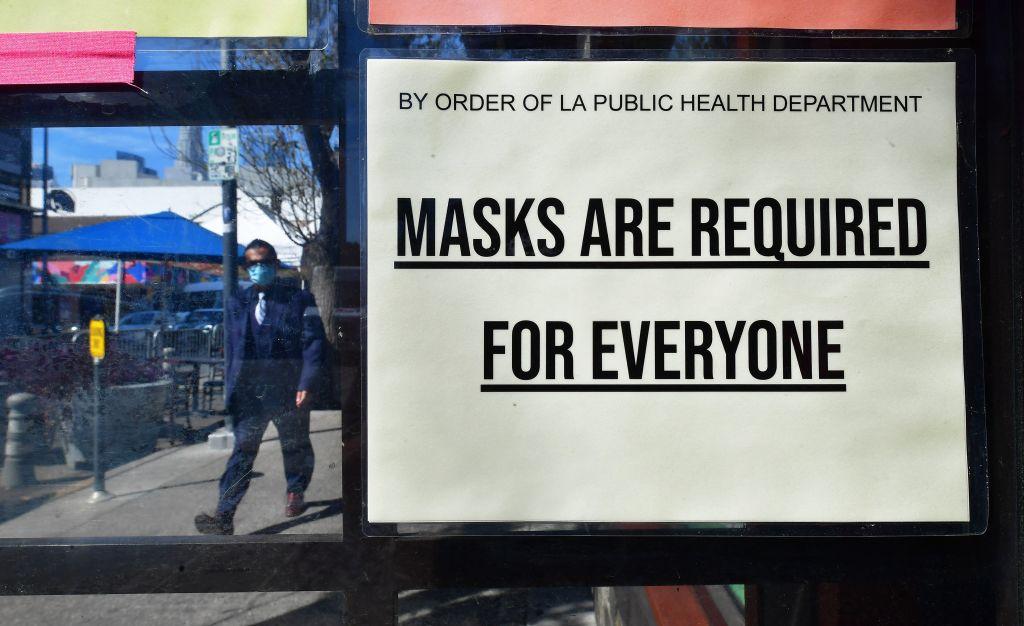A review article published in the peer-reviewed open access journal Heliyon last month reported possible harm from “imposing extended mask mandates” due to prolonged exposure to elevated levels of CO2.
German researchers reported that an analysis of 43 studies on chronic CO2 exposure or face coverings suggested that masks actually increase the chance of mild CO2 poisoning when worn over extended periods of time.
The German scientists pointed to published observations that CO2 is a contributor to oxidative stress, which have been linked to negative effects on brain function and can lead to testicular problems in rats.Circumstantial Evidence for Stillbirth Risk
Stillbirths and pregnancy complications have skyrocketed since the the start of the pandemic, with preeclampsia and other pregnancy complications being linked to the virus.The research team has also pointed to a potential role of increased mask wearing in contributing to the increased reports of stillbirths since the pandemic.
“Circumstantial evidence exists that popular mask use may be related to current observations of a significant rise of 28 percent to 33 percent in stillbirths worldwide [and] reduced verbal, motor, and overall cognitive performance of two full standard deviations in scores in children born during the pandemic,” the scientists wrote in the review.
The study noted that wearing a mask for more than five minutes can cause CO2 levels in the lungs to rise to between 1.4 percent and 3.2 percent.
A reference study in Germany measured the CO2 concentration of air behind surgical masks worn by 15 healthy men, and within 30 minutes, levels of toxic CO2 rose to roughly 2.8 to 3.2 percent.
A team in Italy conducted a similar test, which found a CO2 concentration of 0.22 to 0.29 percent in individuals after five minutes of wearing a mask. CO2 naturally makes up around 0.04 percent of the air regularly inhaled, wrote the researchers.
The study also noted research that showed how masks can constrict breathing by creating a dead space between the filter and the mouth, boosting the levels of CO2 in the lungs.





